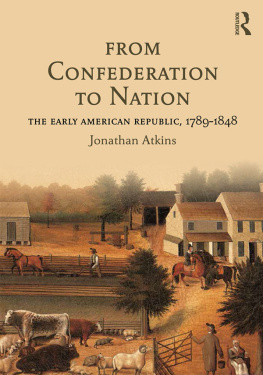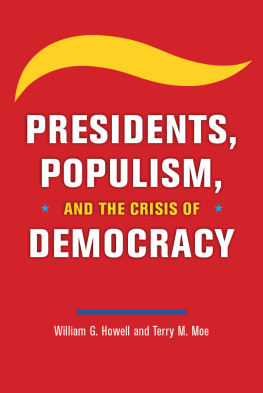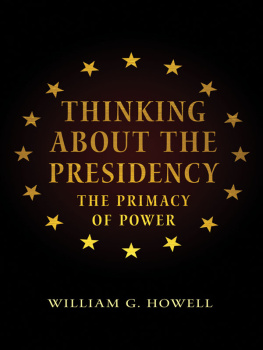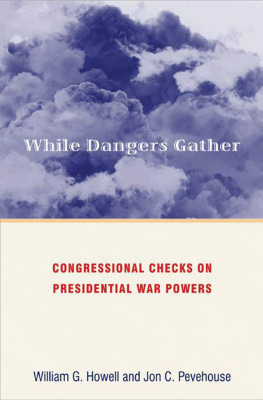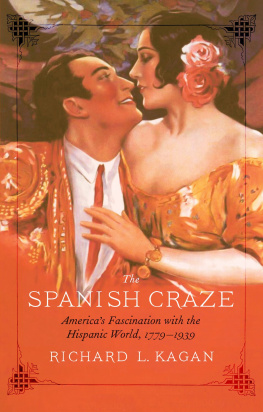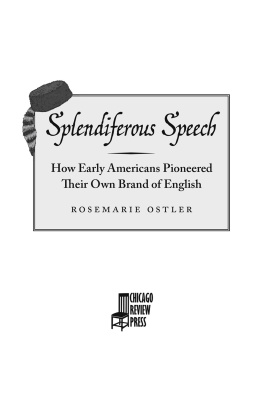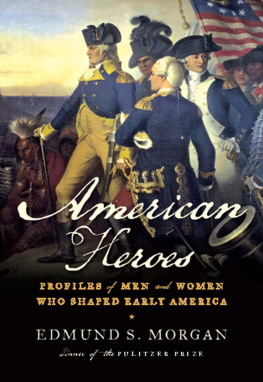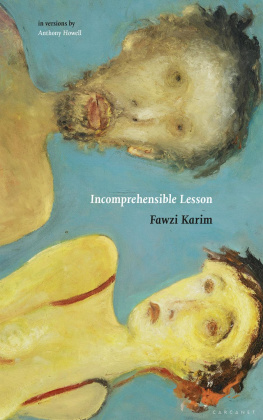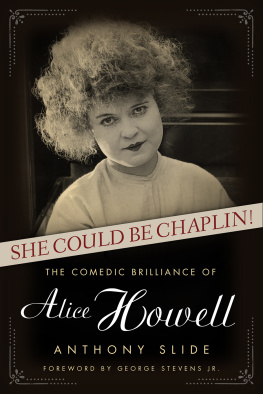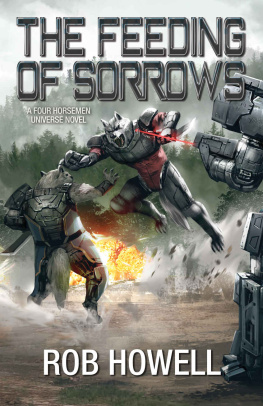Against Self-Reliance
EARLY AMERICAN STUDIES
Series editors:
Daniel K. Richter, Kathleen M. Brown,
Max Cavitch, and David Waldstreicher
Exploring neglected aspects of our colonial,
revolutionary, and early national history and culture,
Early American Studies reinterprets familiar themes
and events in fresh ways. Interdisciplinary in character,
and with a special emphasis on the period from about
1600 to 1850, the series is published in partnership with
the McNeil Center for Early American Studies.
Against Self-Reliance
THE ARTS OF DEPENDENCE
IN THE EARLY UNITED STATES

William Huntting Howell

Copyright 2015 University of Pennsylvania Press
All rights reserved. Except for brief quotations used
for purposes of review or scholarly citation, none of this
book may be reproduced in any form by any means without
written permission from the publisher.
Published by
University of Pennsylvania Press
Philadelphia, Pennsylvania 19104-4112
www.upenn.edu/pennpress
Printed in the United States of America on acid-free paper
1 3 5 7 9 10 8 6 4 2
Library of Congress Cataloging-in-Publication Data
Howell, William Huntting.
Against self-reliance : the arts of dependence in the early
United States / William Huntting Howell. 1st ed.
p. cm. (Early American studies)
Includes bibliographical references and index.
ISBN 978-0-8122-4703-9 (hardcover : alk. paper)
1. American literature1783-1850History and criticism. 2. United StatesCivilization1783-1865. 3. National characteristics, AmericanHistory18th century. 4. National characteristics, AmericanHistory19th century. 5. WomenEducationUnited StatesHistory18th century. 6. WomenEducation United StatesHistory19th century. 7. Dependency. 8. Repetition (Aesthetics) 9. Originality. 10. Imitation. I. Title. II. Series: Early American studies.
PS193.H64 2015
810.9'353dc23
2014032442
CONTENTS

INTRODUCTION

Imitation Is Suicide
In the summer of 2007, a piece of graffiti appeared on the wall of a bathroom in the Earwax Caf, near the intersection of Milwaukee and Damen Avenues on Chicagos northwest side. With the broad strokes of a blue paint marker, an artist identifying him- or herself as Stel/Sim had written Imitation is Suicide. Though not the most common graffitiI didnt see any other iterations around the neighborhood that day, and I havent seen any sinceit nevertheless distills one of the organizing principles of contemporary U.S. culture: imitation is an existential threat.
A 2008 essay in Psychology Todayone of the great barometers of American conventional wisdomframes the problem rather starkly: A hunger for authenticity guides us in every age and aspect of life. It drives our explorations of work, relationships, play, and prayer. Teens and twentysomethings try out friends, fashions, hobbies, jobs, lovers, locations, and living arrangements to see what fits and whats just not me. Midlifers deepen commitments to career, community, faith, and family that match their self-images, or feel trapped in existences that seem not their own. Elders regard life choices with regret or satisfaction based largely on whether they were true to themselves.
As Psychology Today imagines it, the injunction to be yourself properly structures the entirety of the American life cycle: from adolescence to senescence, living well means finding and amplifying the still, small voice of individualism; to model oneself on another (whats just not me ) is to be inauthentic or false to ones true essence and to set oneself up for a lifetime of regret. We might be skeptical about Psychology Todays blithe generalizations about generational difference, its reduction of existence to friends, fashions, hobbies, jobs, lovers, locations, and living arrangements, and its deployment of a universalizing us, but the principle of anti-imitation and anti-dependence that it describes nevertheless saturates contemporary culture. Indeed, resistance to imitation operates over and above other deeply felt cultural fissures: Never Follow is both a song by the anti-capitalist punk band Naked Raygun and an advertising slogan for Audi of America.
Of course, there is more in Stel/Sims graffiti than an evocation of American pop psychology. For one thing, in the context of guerilla public expression, the image presents an aesthetic manifesto: to be legitimate (and psychologically legitimating), the work of art must be original to its maker. That is, the art-object must be unique, exceptional in the sense that it breaks from what has come before, and recognizable as something new. Borrowing and repurposing is fine, so long as the source is somehow transformed by the appropriating artist: hip-hop DJs lift from old songs to make new beats, and therefore they are making art; Andy Warhols Brillo boxes and Roy Lichtensteins cartoon paintings rely on familiar iconography, but they count as art because their obvious derivativeness operates as original commentary on the bright vacancy of consumer and popular culture. Multiples and editionsas with someone like Jeff Koonsare fine, but copies of someone elses objects are imagined to be flat, pale, weakbereft of the spark of life, dead on arrival. This is as true for the graffiti writer as it is for the piece he or she makes: dependence on the work of another compromises the creative self. The work of art that borrows the style or idiom of another is the material sign of an immature voice, a lack of imagination, a misunderstanding of cultural conventions, or bad faith. (In the language of the graffiti world, such imitation is known as bitingas if the copyist were a kind of parasite.) To knowingly imitate in spite of such proscriptions is to voluntarily cede membership in the communityto commit social suicide. She who would make a name for herself cannot do so in borrowed finery.
Art and artistic subjectivity are not the only things at stake here, though. To the caf-going public, Stel/Sims message simply suggests that any copying activity is suspect and that all subjectivity must be an organic and sui generis expression of the psychological interior. What marks an individual identity are those aspects of the person that are not the product of duplication and that cannot themselves be duplicated. Beneath such claims is the commonplace that personality, like the Cartesian soul, functions as a principle of mystery or exception: the self may have sources (to borrow a phrase from philosopher Charles Taylor), but it is properly neither reducible to them nor reproducible from them. This ineffability serves as shorthand for the comforting fiction that who and what we are cannot be exhaustively defined by our histories, our education, or a tangle of electrochemical impulseswhat the mid twentieth-century cultural critic Dwight Macdonald called mere
In highlighting the relationship between artistic expression and assertions of autonomy, the point I wish to make here is relatively straightforward: a signed, public display of the statement Imitation is Suicide neatly distills the modern ideology of American liberal individualism in both its popular and more specialized forms. Hence the punchline of the piece: Stel/Sims clarion call for originality is about as dependent and unoriginal as can be. As an unattributed (but not especially obscure) quotation, its arguments about the artist and the self are categorically undermined by their expression.
Next page

